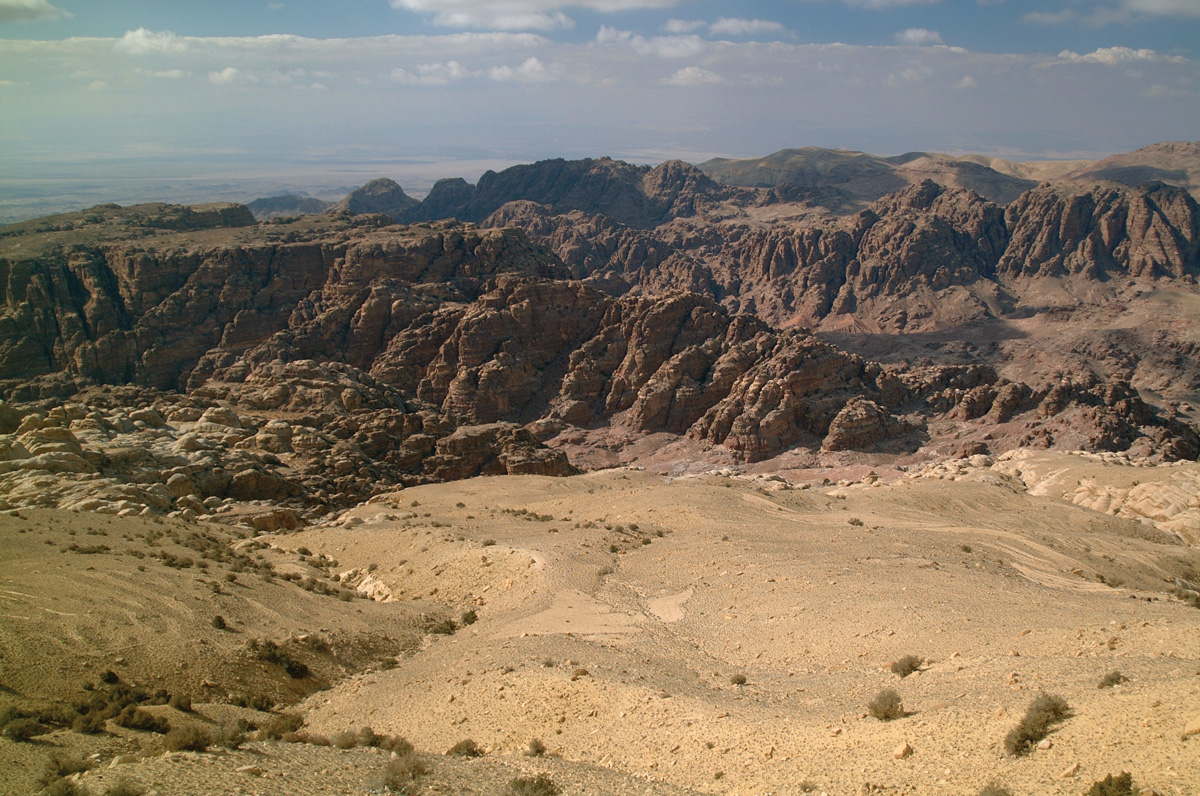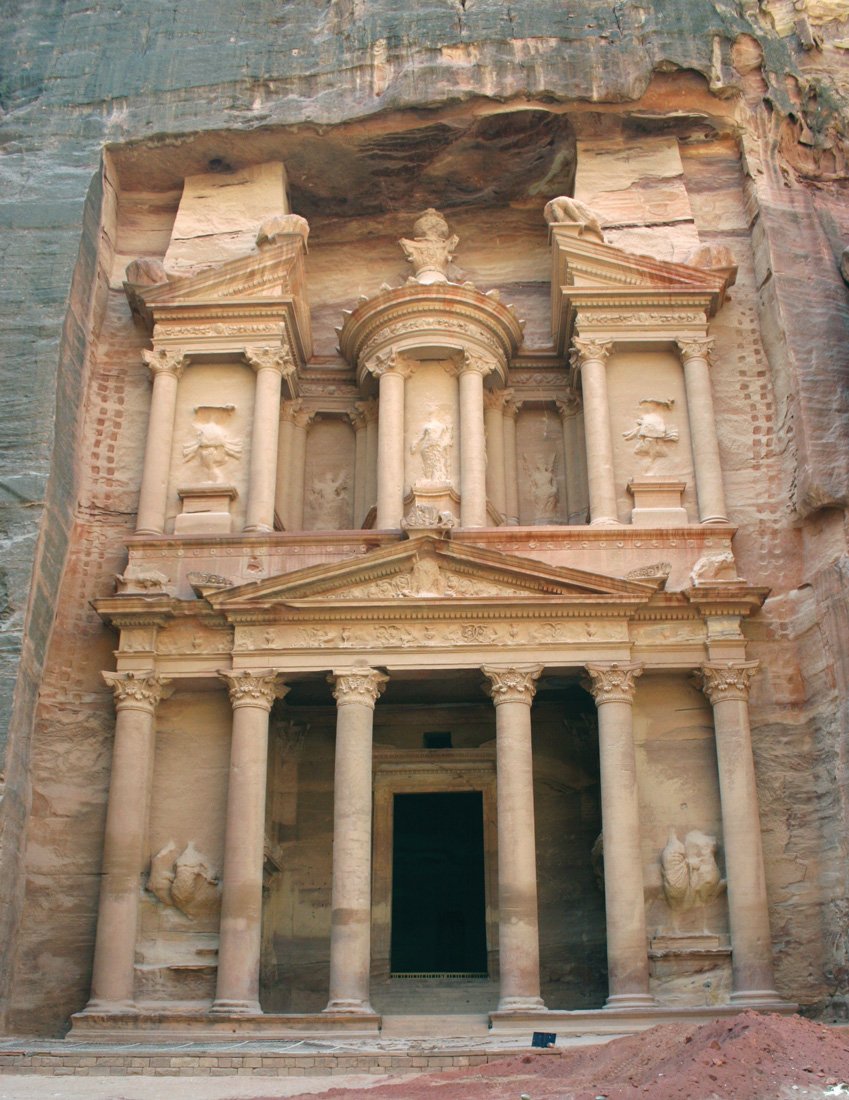Obadiah
The End of Edom
Central Teaching
The nation of Edom, which represents those who oppose God, will be judged and destroyed, while Israel will be restored.
Memory Verse
Setting
The nation of Edom was adjacent to Judah, located to the southeast. Edom often conspired with Judah against the larger empires, but when the Babylonians invaded Judah and Babylonian victory seemed unstoppable, Edom switched sides and joined the Babylonians in plundering Judah. Obadiah prophesies that Edom will be destroyed for betraying and attacking Judah.

The rugged terrain of Edom
Immediately before the book of Obadiah, Amos 9:12 mentions Edom. Obadiah is probably situated directly after Amos because of this connection. While Edom was a real nation that was indeed destroyed, the authors of the Bible occasionally use Edom as a symbol of all those who oppose God and his people (see Joel 3:19; Amos 1:11–12; 9:12). The book of Obadiah is likely using Edom in both senses.
The name Obadiah means “servant of the Lord.” It is a very common name in the Old Testament, used for thirteen different people. The prophet Obadiah prophesies shortly after the fall of Jerusalem in 586 BC, so he was a contemporary of Jeremiah and Zephaniah. Other than that, we know very little about him.
Message
Most of the other prophets proclaim a similar three-part message, which is directed primarily at Israel/Judah:
- You have broken the covenant. Repent!
- No repentance? Then judgment.
- Nevertheless, there is a future hope for your restoration.
Obadiah, by contrast, is quite different. He does not preach directly to Israel or Judah but instead addresses the nation of Edom. Obadiah is short—only one brief chapter—and his message is focused on Edom. Judgment, Obadiah proclaims, is coming to Edom because of their sin.
Because the nation of Edom betrayed Judah and assisted in plundering her, Obadiah prophesies the destruction of Edom. The prophets often declare judgment on the various nations, but usually those same nations are also mentioned in the prophetic picture of future restoration, which includes the gentiles as part of the people of God. The situation for Edom, however, appears to be different. Obadiah (as well as several of the other prophets) proclaims the end of Edom. Edom will be destroyed and will never be restored. Obadiah then proclaims that Israel, by contrast, will be restored in the future and will actually rule over the region once controlled by Edom (vv. 17–21).
Outline

The Nabateans displaced the Edomites and built the spectacular city of Petra, shown here.
Interesting Features
- Obadiah is the shortest book in the Old Testament (only twenty-one verses).
- Obadiah applies the “day of the LORD” judgment to Edom.
- The colorful description of Edom in Obadiah 3–4 aptly describes the area occupied by the spectacular ruins of Petra, built by the people who destroyed and displaced the Edomites.
Connections
The short book of Obadiah is a reminder that sin has consequences and that God will ultimately judge all those who oppose him and rebel against him. However, God’s people will be restored and ultimately vindicated. In this sense Obadiah’s message connects to the book of Revelation, which incorporates the same theme into the climactic end of human history, when God establishes his kingdom.